By: Hendrik van der Breggen
Like many others, I’ve been thinking about the recent race-related protests and riots. I definitely don’t have all the answers. Nevertheless, here are a few of my thoughts, which I hope will be helpful.
1. I think a distinction should be made between (1) black lives matter (the claim) and (2) Black Lives Matter (the organization). The first is a moral claim/judgement that’s true and with which we should all agree 100%, whereas the second is an organization that holds various ideological tenets about which reasonable people can respectfully disagree.
For further thought about Black Lives Matter (the organization), see Ryan Bomberger’s article, “Top 10 Reasons I Won’t Support the #BlackLivesMatter Movement.” See too Jonathan Van Maren’s article, “The Black Lives Matter leadership and platform is part of the problem, not the solution.”
2. There is an ambiguity in the phrase “Black Lives Matter” (when capital letters are used): it can mean (1) the general BLM protest movement that seeks merely to ensure that black lives matter just as much as white lives, or it can mean (2) the BLM organization that has an ideological agenda. Many in the general BLM protest movement do not support or perhaps are not aware of the ideology of the BLM organization. This ambiguity should be kept in mind, because one’s support for BLM in the first sense as a good moral principle may inadvertently be misunderstood as favouring the second ideology-laced sense (which some, myself included, see as problematic).
I am reminded of the ambiguity of “Planned Parenthood”: planning parenthood (via savings, preparing a child-friendly home) versus getting rid of unplanned children (via abortion by an organization that sells babies’ body parts). Under the banner of “Planned Parenthood,” one’s support for the first meaning may be misunderstood as support for the latter. (For more of my thoughts on Planned Parenthood, see my column “Planned Parenthood is a Scam.” More importantly, since we’re thinking about racism, see this article: “Former Planned Parenthood board member: Defund this ‘racist’ organization.”)
3. About the phrases “all lives matter” and “black lives matter”:
I think that sometimes people (myself included) have unintentionally caused misunderstanding with the use of these phrases. When some folks (myself included) say “all lives matter” they intend to agree that black lives matter and wish to show support to the cause (broadly speaking) that black lives matter. I think they intend to say (in shortened form) what my friend and former colleague Daryl Climenhaga says so well: “black lives matter because all lives matter—and black lives are currently under greatest threat.” But the last part gets lost, unwittingly.
One of my nieces shared a post recently, which is helpful:
If my spouse comes to me in obvious pain and asks “Do you love me?”, an answer of “I love everyone” would be truthful, but also hurtful and cruel in the moment. If a co-worker comes to me upset and says “My father just died,” a response of “Everyone’s parents die,” would be truthful, but hurtful and cruel in the moment. So when a friend speaks up in a time of obvious pain and hurt and says “Black lives matter,” a response of “All lives matter,” is truthful. But it’s hurtful and cruel in the moment.
Several of my other FB friends shared the following recently, which is also helpful:
The father was waiting there with a big sign: #ProdigalSonsMatter
When the older brother saw it, he was angry, wouldn’t attend the party, and moped around with his own sign: #AllSonsMatter
Father: “Dude. It’s not about you right now.”
So, those of us who have used (merely) the phrase “all lives matter” should stand corrected. Some nuance would be helpful.
But I would also add that maybe those who have used (merely) the phrase “black lives matter” could also have added some nuance, such as “black lives matter, too.” I believe that’s what’s intended, but clarity helps.
4. The killing (murder) by police of George Floyd is wrong. But does this justify looting and killing (murdering) innocent others? No.
The murder of innocent life is wrong—terribly, terribly wrong. Rioting, looting, causing the suffering of innocents by destroying their livelihoods may be less wrong—but they are wrong, too. Deeply wrong. It’s terribly, terribly wrong to murder someone, AND it’s deeply wrong to hurt innocents.
Peaceful protest and peaceful political action, as difficult and slow as they may be, are the way forward. This was the way of Martin Luther King Jr. in the civil rights movement of the 1960s (see the movie Selma); this was the way of William Wilberforce in the abolition of the slave trade (see the movie Amazing Grace); and this was—and is—the way (for the most part) of the pro-life movement (read the story of Mary Wagner, a peaceful protester who has been in prison many years and whose life will, no doubt, inspire many). Also, International Justice Mission (a bunch of lawyers) engages in peaceful legal action via courts to help oppressed people.
Rioting, looting, causing the suffering of innocents by destroying their livelihoods, and the killing of innocents—these taken as a justified response to a wrong is to fall prey to the reasoning that two wrongs make a right, which is a textbook fallacy of logic. It’s also dangerous. If the faulty logic is accepted, then another wrong can be justified to make the latest wrong right, and so on.
At this juncture, it should be noted that George Floyd’s family very apparently agrees that two wrongs don’t make a right. See the article, “George Floyd’s Son Calls for End to Violence, Saying Rioting Won’t ‘Solve Anything’.”
5. Related to the above point, I saw a Facebook post in which the poster justified the recent riots and destruction by claiming that sometimes it’s okay to destroy so we can rebuild.
My thought: Okay, but as long as you only destroy your own house or business—or you don’t mind others destroying them to further their cause. I’m pretty sure the Facebook poster didn’t think about the implications of her view.
This moral doublemindedness is clearly seen in the now-famous hypocrisy of former NBC reporter Chris Martin Palmer. When rioters had put to flame an under-construction affordable housing project in Minneapolis, Palmer tweeted, “Burn that s**t down. Burn it all down.” But later, when the rioters were getting close to his home, Palmer tweeted, “They just attacked our sister community down the street. It’s a gated community and they tried to climb the gates. They [police] had to beat them back. Then [the rioters] destroyed a Starbucks and are now in front of my building. Get these animals TF out of my neighborhood. Go back to where you live.”
6. Is it true that more blacks than whites are being killed by white police or are otherwise more likely to be recipients of police violence? Well, yes and no.
Ryan Bomberger in the above-mentioned article (see links in his article for substantiation) writes the following:
The premise [that more blacks than whites are being killed by white police] isn’t true. … According to the FBI’s latest homicide statistics, I’m 11 times more likely to be killed by someone of my own brown complexion than a white person. Also, a comprehensive 2019 study concluded: “White officers are not more likely to shoot minority civilians than non-White officers.” Every loss of life is tragic, but Washington Post’s database on police-involved deaths puts things into further context. In 2020, among those killed were (all males): 2 Native Americans, 9 Asians, 46 Hispanics, 76 blacks, 149 unlabeled individuals and 149 whites (whose deaths don’t get reported by national mainstream media). Only nine black individuals were actually unarmed.
See also: “New Study: White police officers not more likely to shoot Black suspects.”
But it should also be noted that the plot thickens—that is, matters get more complex—if we look at specific geographical areas. It turns out that in Minneapolis things seem significantly different. Consider this June 3, 2020, report from The New York Times: “Minneapolis Police Use Force Against Black People at 7 Times the Rate of Whites”:
Since 2015, the Minneapolis police have documented using force about 11,500 times. For at least 6,650 acts of force, the subject of that force was black.
By comparison, the police have used force about 2,750 times against white people, who make up about 60 percent of the population.
All of that means that the police in Minneapolis used force against black people at a rate at least seven times that of white people during the past five years.
It seems that a case-by-case/ region-by-region assessment is needed, and thus region-specific adjustments and reforms might also be needed. I recommend further study and appropriate corrections.
7. The fact remains that there are race-related tensions and concerns and injustices. (For other examples, see here and here and here and here.)
Let’s address these tensions and concerns and injustices, even if it requires protests. But let’s also keep in mind that a just peace can best be served through careful truth-seeking coupled with actions in which we show gentleness and respect to those with whom we disagree—and to all others.
And, if our protests end up requiring civil disobedience to change an unjust law, let’s keep in mind these words from Martin Luther King, Jr., from his Letter from Birmingham Jail:
One who breaks an unjust law must do it openly, lovingly … and with a willingness to accept the penalty. I submit that an individual who breaks a law that conscience tells him is unjust, and willingly accepts the penalty by staying in jail to arouse the conscience of the community over its injustice, is in reality expressing the very highest respect for law.
A lawful, just society is important for the well-being of all of us. In a just society, we show respect to others when we also treat the laws that govern us with respect—even as we seek to change unjust laws.
I hope the above thoughts about recent race-related protests and riots are helpful. As I mentioned, I don’t have all the answers. No doubt much more thinking needs to occur, much more needs to be said, and much more needs to be done. I pray that we would do our best to walk together in wisdom, truth, and love. May God help us.
Hendrik van der Breggen, PhD, retired last year as Associate Professor of Philosophy at Providence University College, Manitoba, Canada. The views he expresses do not always reflect the views of Providence.
Image: PAM illustration based on photo by GoToVan of the Black Lives Matter, Anti-racism rally at Vancouver Art Gallery, May 31, 2020. (CC BY 2.0)

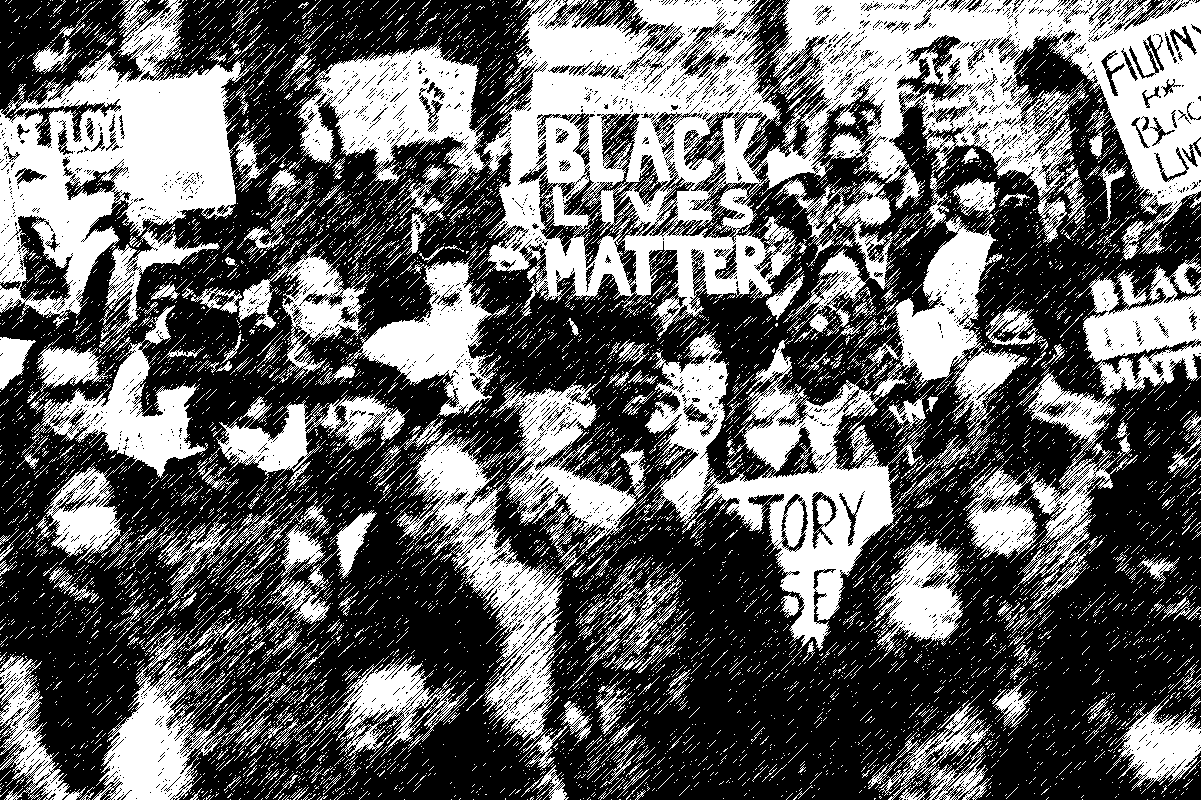
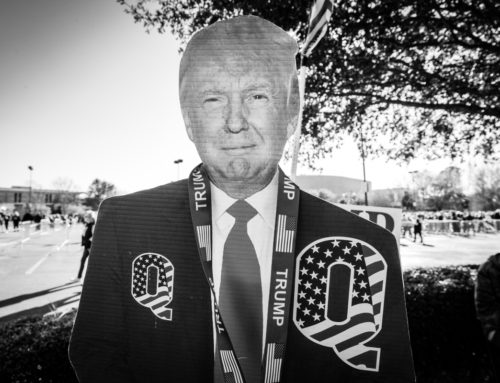
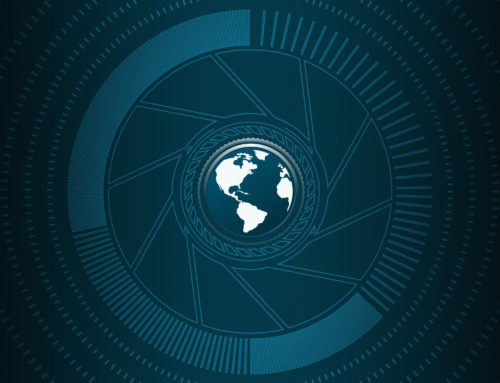
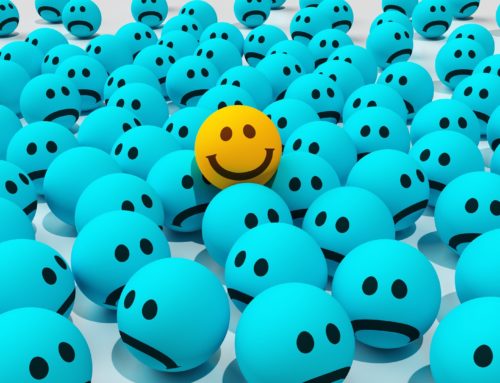
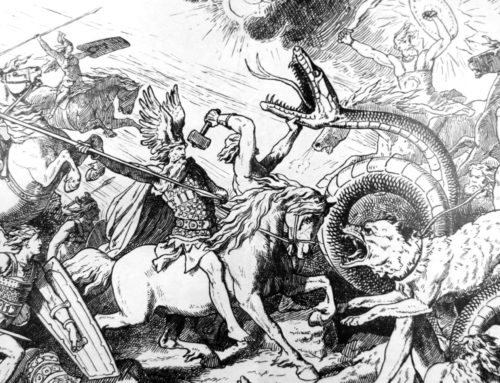
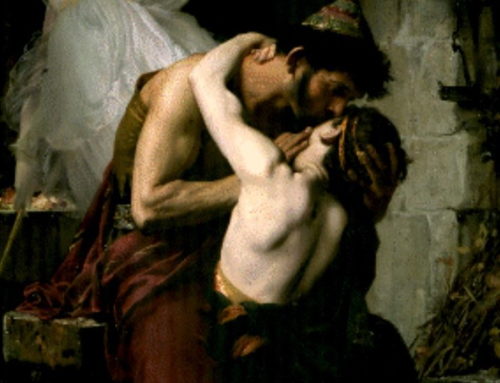

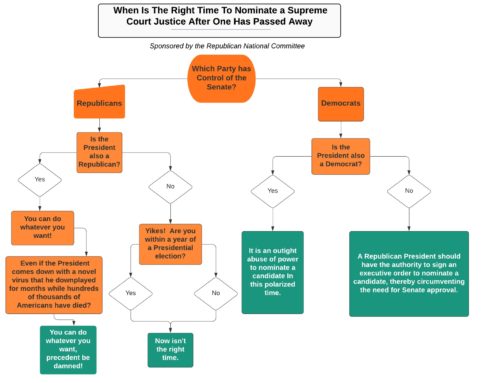
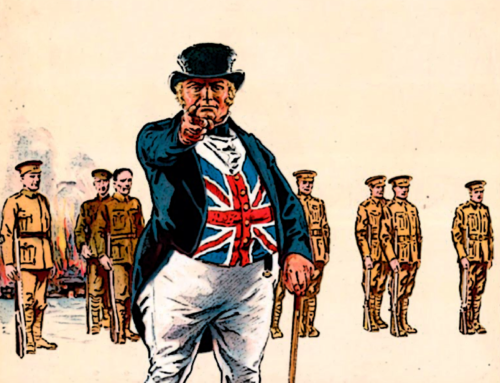
Leave A Comment